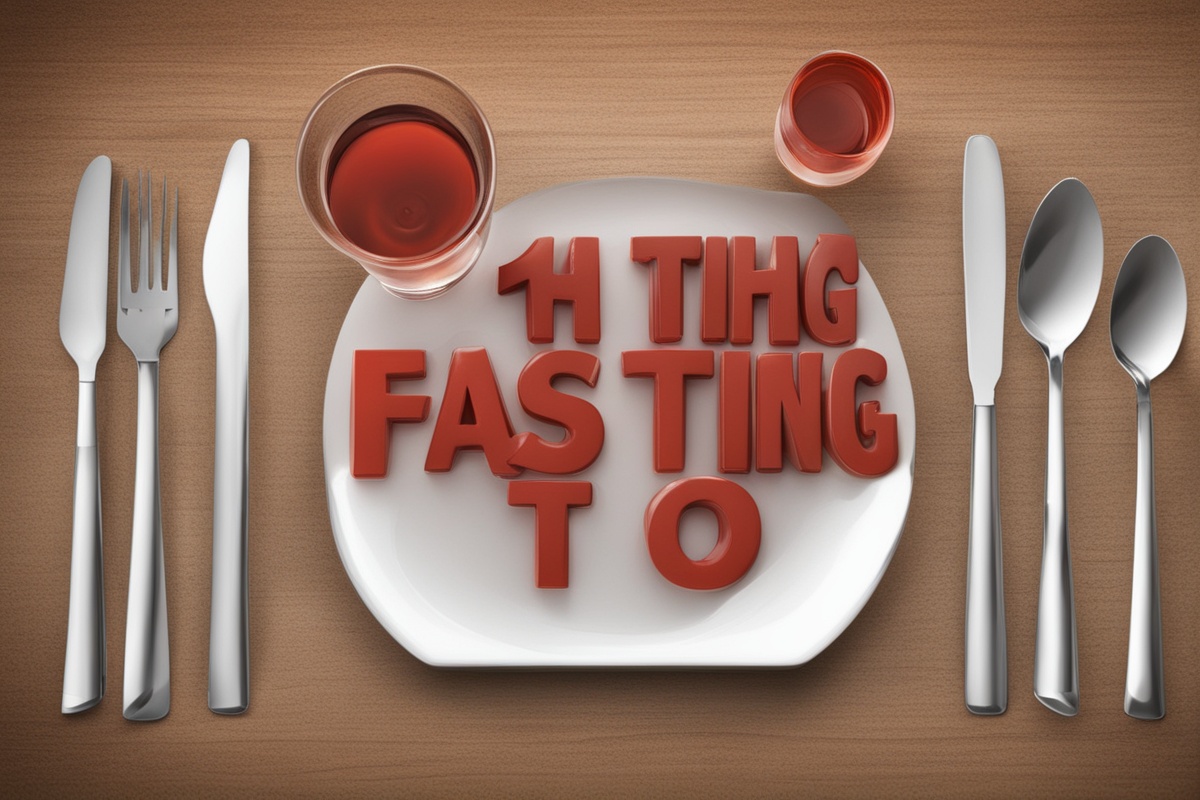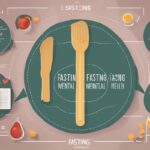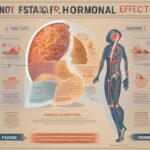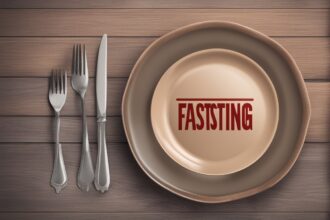Intermittent fasting (IF) has gained immense popularity in recent years as a flexible and effective approach to weight loss, improved health, and better energy levels. However, with its rise in fame, several myths and misunderstandings have emerged, leading to confusion about what intermittent fasting truly entails. In this post, we’ll debunk some of the most common misconceptions about intermittent diets, providing clarity and evidence-based insights to help you make informed decisions about adopting this lifestyle.
What Is Intermittent Fasting?
Before diving into the myths, let’s briefly define intermittent fasting. IF is not a diet in the traditional sense but rather an eating pattern that alternates between periods of eating and fasting. Popular methods include the 16/8 method (fast for 16 hours, eat during an 8-hour window) and the 5:2 diet (eat normally for 5 days and restrict calories on 2 days). Despite its simplicity, many misunderstandings persist, often deterring people from trying it or causing them to follow it incorrectly. Let’s address these common misconceptions about intermittent diets one by one.
Myth 1: Intermittent Fasting Means Starving Yourself
One of the most pervasive myths is that intermittent fasting equates to starvation. This couldn’t be further from the truth. While fasting does involve abstaining from food for specific periods, it doesn’t mean you’re depriving your body of essential nutrients. During eating windows, you’re encouraged to consume balanced meals that meet your caloric and nutritional needs. The goal of IF is not to starve but to give your digestive system a break and promote metabolic health. Studies show that IF can even help regulate hunger hormones like ghrelin, making you feel less hungry over time. For more on how fasting affects hunger, check out our detailed guide on fasting and hunger hormones.
Myth 2: Intermittent Fasting Slows Down Your Metabolism
Another common misconception about intermittent diets is that they cause your metabolism to slow down due to reduced calorie intake. However, research indicates that short-term fasting can actually boost metabolic rate by increasing levels of norepinephrine, a hormone that enhances fat burning. Unlike long-term calorie restriction, which can lead to metabolic slowdown, intermittent fasting—when done correctly—preserves muscle mass and supports metabolic efficiency. If you’re curious about how fasting impacts metabolism, explore our post on fasting and metabolic health.
Myth 3: You Can Eat Anything During Eating Windows
Many people mistakenly believe that intermittent fasting gives you a free pass to eat whatever you want during your eating windows. This is a dangerous myth that can undermine the benefits of IF. While IF doesn’t dictate specific foods, the quality of what you eat matters immensely. Consuming processed, high-sugar, or high-fat foods can negate the health benefits of fasting, such as improved insulin sensitivity and reduced inflammation. Instead, focus on whole, nutrient-dense foods like vegetables, lean proteins, and healthy fats. For meal ideas, take a look at our healthy meals for intermittent fasting guide.
Myth 4: Intermittent Fasting Is Unsafe for Everyone
A widespread concern is that intermittent fasting is unsafe or unsuitable for most people. While it’s true that IF may not be appropriate for certain individuals—such as pregnant women, those with eating disorders, or people with specific medical conditions—it is generally safe for healthy adults when approached mindfully. Consulting a healthcare provider before starting IF is always a good idea, especially if you have underlying health issues. However, numerous studies have shown that intermittent fasting can be beneficial for weight management, blood sugar control, and even longevity in suitable candidates. Learn more about who should avoid fasting in our article on who should avoid intermittent fasting.
Myth 5: Intermittent Fasting Causes Muscle Loss
Among fitness enthusiasts, a frequent worry is that intermittent fasting leads to muscle loss due to extended periods without food. This is another of the common misconceptions about intermittent diets that needs clarification. When done properly, IF can preserve muscle mass, especially if paired with resistance training and adequate protein intake during eating windows. Fasting triggers the release of human growth hormone (HGH), which supports muscle maintenance and fat loss. In fact, studies suggest that IF may help with body recomposition by reducing fat while retaining lean muscle. For tips on combining fasting with exercise, read our post on fasting and exercise tips.
Myth 6: Intermittent Fasting Is a Quick Fix for Weight Loss
Finally, many people view intermittent fasting as a magic bullet for rapid weight loss. While IF can be an effective tool for shedding pounds, it’s not a quick fix or a one-size-fits-all solution. Sustainable weight loss requires consistency, a balanced diet, and often lifestyle changes beyond just fasting. Additionally, weight loss results vary depending on factors like starting weight, activity level, and adherence to the fasting schedule. Setting realistic expectations is key to avoiding disappointment and achieving long-term success with IF.
Disclaimer: The information provided in this article is for educational purposes only and should not be considered medical advice. Intermittent fasting may not be suitable for everyone, and results can vary. Always consult with a healthcare professional or registered dietitian before starting any new diet or fasting regimen, especially if you have pre-existing health conditions or concerns.
References
- Harvard Health Publishing – Intermittent Fasting: Surprising Update
- National Center for Biotechnology Information – Effects of Intermittent Fasting on Health, Aging, and Disease
- Mayo Clinic – Intermittent Fasting: What Is It, and How Does It Work?
- Johns Hopkins Medicine – Intermittent Fasting: What Is It, and How Does It Work?
- WebMD – Intermittent Fasting: What You Need to Know
This content is for informational purposes only and not a substitute for professional advice.






